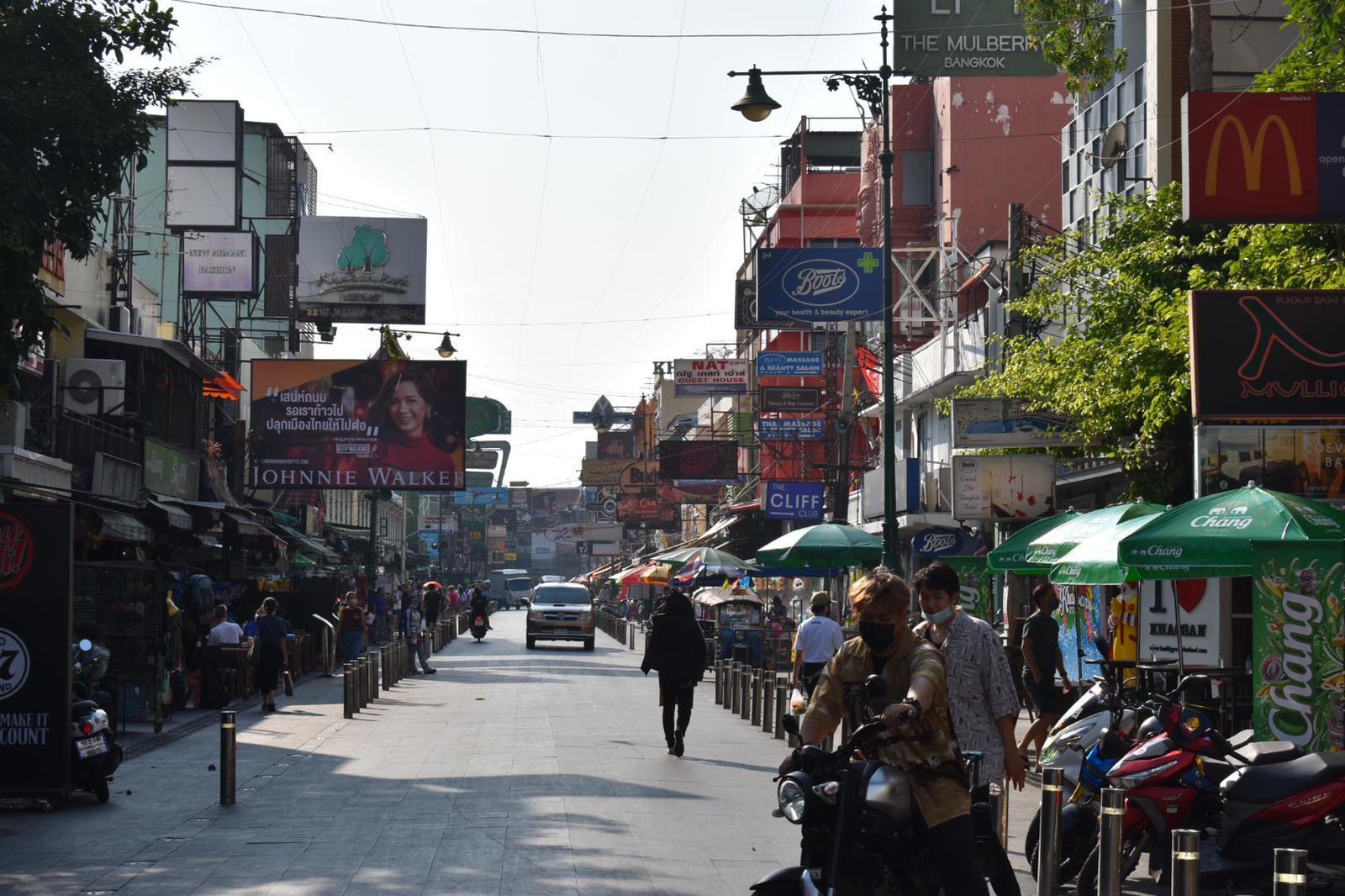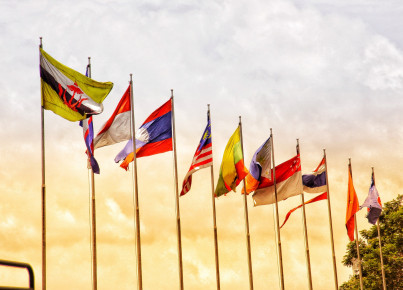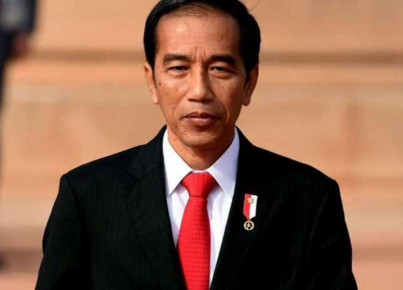After two years of pandemic, Thailand is trying to restore normalcy for its most famous festival, though restrictions continue to hold back recovery.
Songkran is the largest and most famous of Thailand's many traditional festivals. This festive period is also widespread in other Southeast Asian countries and celebrates the beginning of the new year in the Buddhist and Hindu calendar. In particular, the Thai Songkran, which happens to occur in the hottest month of the year, is known not only for the great fights with water pistols, very popular among tourists, but also for the purification ceremonies. Tradition has it that, in addition to the numerous processions, the faithful pay homage to the elderly or their loved ones by washing their hands with water. In addition, it is customary to clean their homes and the statues of Buddha in the temples in such a way as to celebrate rebirth and purification. Every year the celebrations begin on April 13 and normally last for three days, allowing families to gather in their own village for the celebrations. For this reason, every year there is an exodus of workers who move from the capital to their provinces of origin.
The tradition, interrupted due to the lockdown, could be renewed again this year, with the population traveling to visit their families and celebrate the usual rituals. Due to the COVID-19 pandemic, in fact, any other type of popular celebration had been banned for the past two years to prevent the spread of the virus. Even this year, however, celebrations were severely limited. In fact, even though the number of infections in the week of Songkran was less than 20,000 cases per day and therefore well below the figures we are used to in Italy (with a slightly larger population), the government continues to impose very strict rules in order to contain the pandemic.
To the disappointment of many tourists, spraying with water guns or any kind of water games have been banned in the public areas of the largest cities, including Bangkok, for the third consecutive year. Discos and nightclubs were also closed and the serving of alcohol during the celebrations was prohibited. In the most touristic places of the capital, such as the very popular Khao San Road, it was possible to assist , on one side, to shopkeepers trying to sell water pistols in vain, and on the other side the Thai army intent on announcing with loudspeakers the prohibition to use them.
The Songkran festival would have also represented an important moment to revamp the economy, given the increase in consumption expected for the celebrations. But this year, due to the increase in the inflation rate in the context of a fragile economic recovery and the maintenance of restrictions to limit contagion, consumption has remained well below pre-pandemic levels. What's more, for a country that thrives on tourism (a sector that, according to the Bank of Thailand, in 2019 accounted for about 11% of GDP and employed about 20% of the workforce), cumbersome entry policies have discouraged entry in the country for many foreign tourists, further dampening the recovery.
Indeed, despite many neighboring countries easing entry requirements, Thailand maintained onerous rules that required, even for vaccinated tourists, expensive COVID tests upon arrival and quarantines in select hotels. For this reason, some projections regarding bookings in tourist facilities for 2022 show that Thailand has recovered only 25% of pre-pandemic tourists, falling behind the same figure of 72% and 65% for Singapore and the Philippines respectively.
As of May 1, however, an ATK test and minimal insurance coverage will suffice to enter the country, with the hope that a renewed influx of tourists will restore much-needed support to the Covid-overrun economy.






